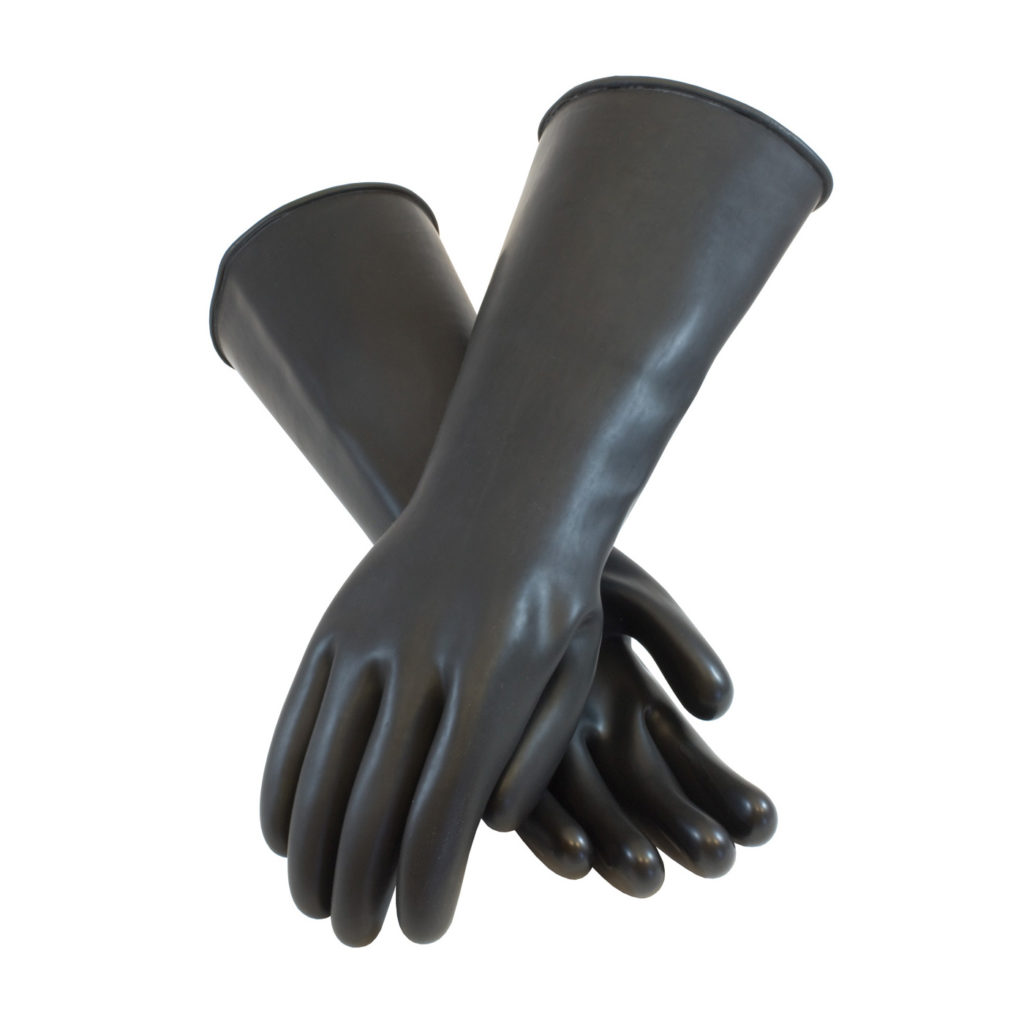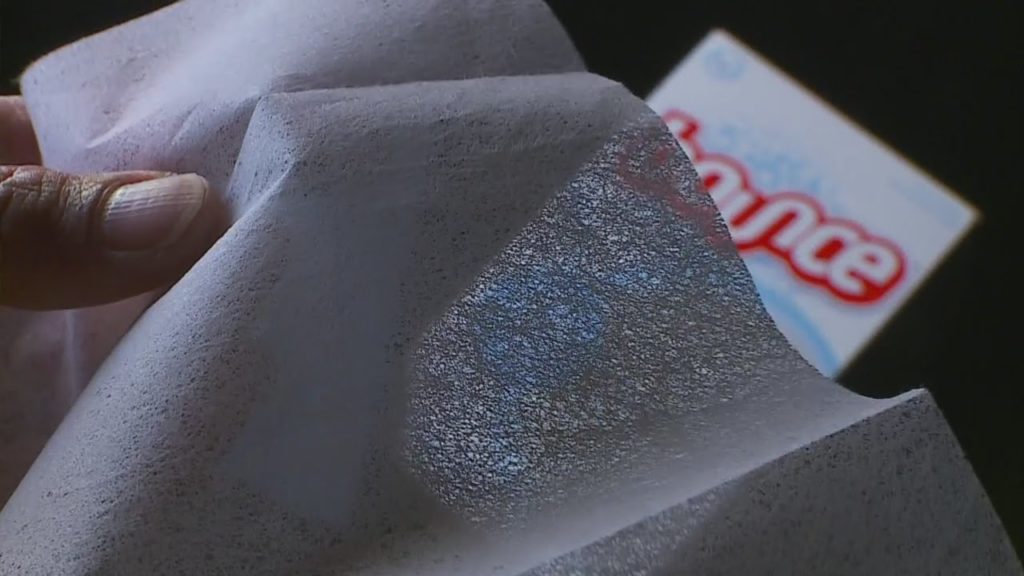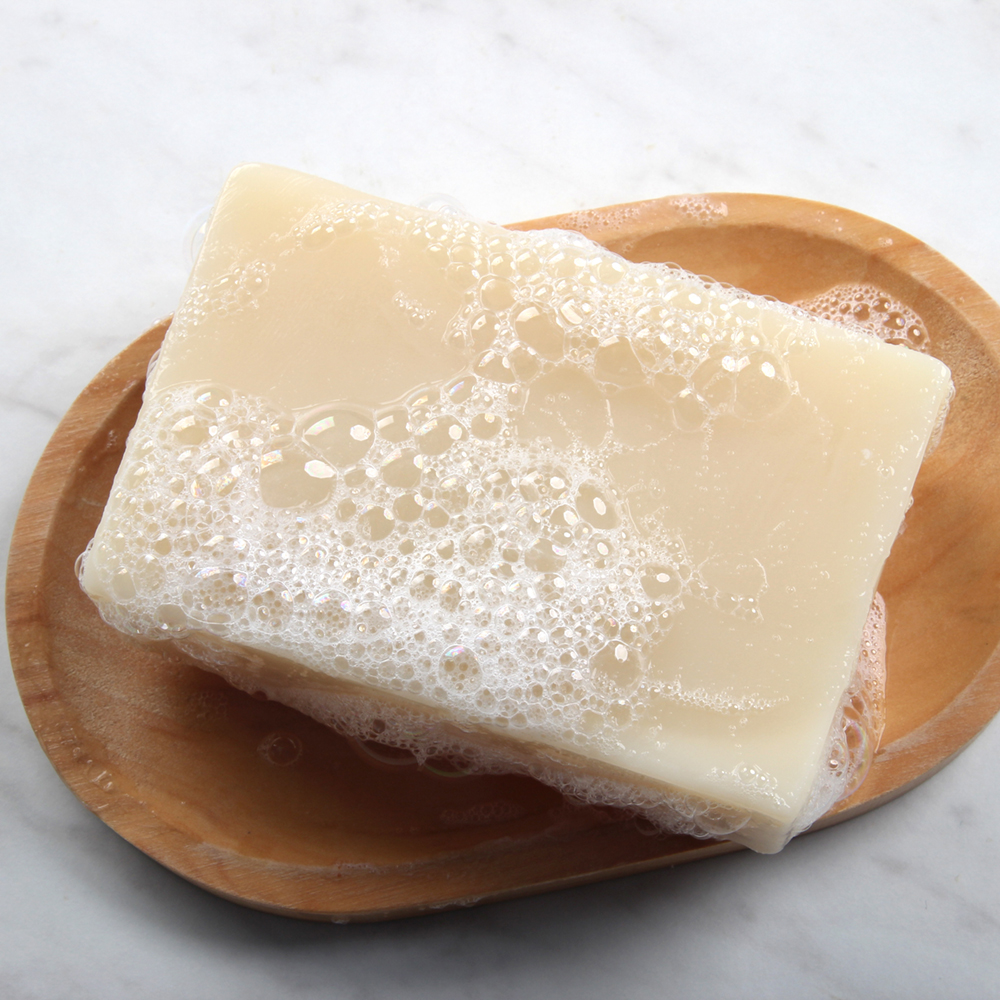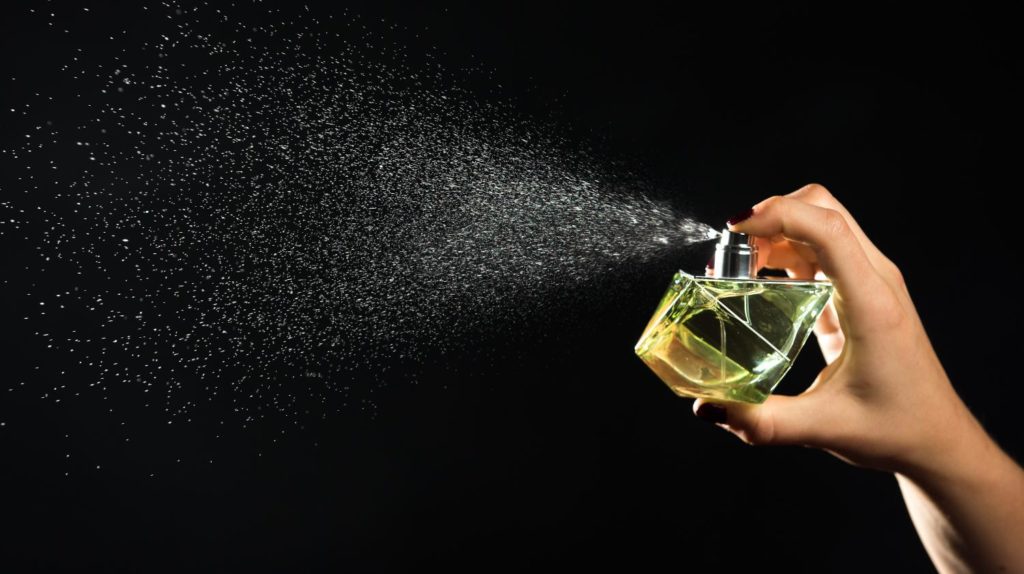
Our homes are filled with chemicals that can cause severe skin irritation and even worse problems, yet we still keep them. To make matters worse, we rarely read the instructions and possible reactions, since who has time for that? Other things that we don’t have time also include getting rid of skin care products that are past their expiration dates or keeping track which product is known for causing a reaction when mixed with some other. For the most part, we don’t even know which of the staff in our homes or close to it are known as skin irritants, even though we come in contact with them on daily basis.
Many of us have lived to regret this decision, but not until we were forced to visit a doctor. To prevent this, we have compiled a list of 10 most common skin irritants you touch every day. All of these are known to cause skin reactions or contact dermatitis.

10. Latex
Latex is found in many products, from gloves to condoms. People who are hypersensitive to it may have issues even from wearing bras and elastic bands in underwear. Interestingly enough, they also tend to have a reaction to some tropical fruits, like bananas and kiwis.

9. Fabric Dryer Sheets
Fabric softeners can also cause skin irritation.
“You see rashes in places that are covered by clothing and relative sparing where the clothing is not,” says to Amy Newburger, MD, a dermatologist. “That’s a big giveaway.”

8. Soap
Excessive hand washing can lead to the effect called dishpan hands. It happens when too much soap removes the skin’s natural oils, leaving skin dry and chapped. If left untreated, skin can actually start breaking and even bleeding.
According to Donald V. Belsito, MD, clinical professor of medicine at the University of Missouri, Kansas City. “It’s particularly problematic in today’s germaphobic society because people feel they have to be clean and make no attempt to protect their skin.”

7. Sunscreen
Designed to protect you from UVA and UVB radiation, sunscreen contains certain chemicals that can be quite irritating to your skin. PABA-based chemicals are usually responsible for an allergic reaction, so if you have sensitive skin, you may want to look for sunscreens that don’t contain them.

6. Facial Creams
The skin on our faces features deep pores, which can easily be penetrated by allergens, the reason why facial skin care products should be selected very carefully to avoid any unwanted reaction. Not to mention that any rush you may experience will be very visible. Some of the products that can cause burning are wrinkle creams, cleansers, and skin peels.

5. Fragrances
Allergic reactions to fragrances are rather common. With more than 5,000 fragrances on the market, made from various chemicals, it is hard to isolate the exact ingredient that is causing them. The most common culprits are musk and vanilla scent. Using fragrance-free liquid fabric softeners can help reduce the reaction.

4. Food
Food allergies are a common thing, but there are some foods that will cause rash by just handling them, without the need to actually eat them. Also, cuts on your hands can be made significantly worse from coming in contact with acidic foods, or even spices. A less common occurrence is when lemon juice on skin reacts with sunlight, causing blisters, so you may want to watch out when drinking margaritas on the beach.

3. Plants
Three most common causes of allergic dermatitis in the United States are plants: Poison ivy, poison oak, and poison sumac. This is due to an oil called urushiol, which is common for all three. Typically, a rash caused by these last from 5 to 12 days. Only in severe cases, it can last up to 30 days. It is important to learn how these plants look like, so you can avoid them.

2. Household Cleaners
While we are aware the most of the common household cleaners aren’t intended for use onskin, very few people actually bother with putting on gloves when using them. Products like window cleaners, drain cleaners, dish detergents, all-purpose cleaners, toilet disinfectants, laundry detergent, and furniture polish can all damage the skin.

1. Clothing
People who suffer from atopic dermatitis, the most common form of eczema, should stay away from wool and other rough fabric, which can cause irritation and itch. They should choose clothes made from cotton and cotton-poly fabrics.














